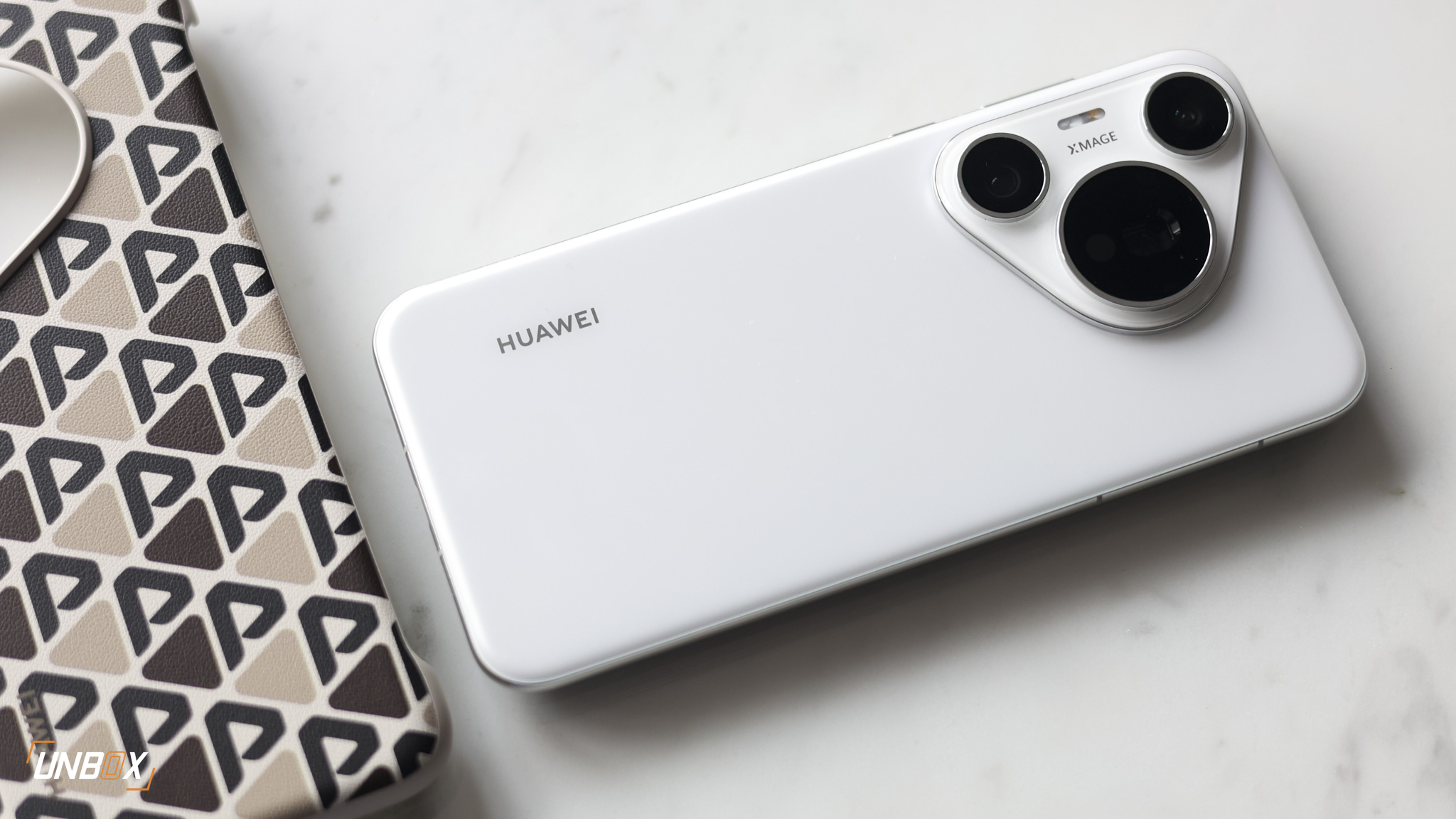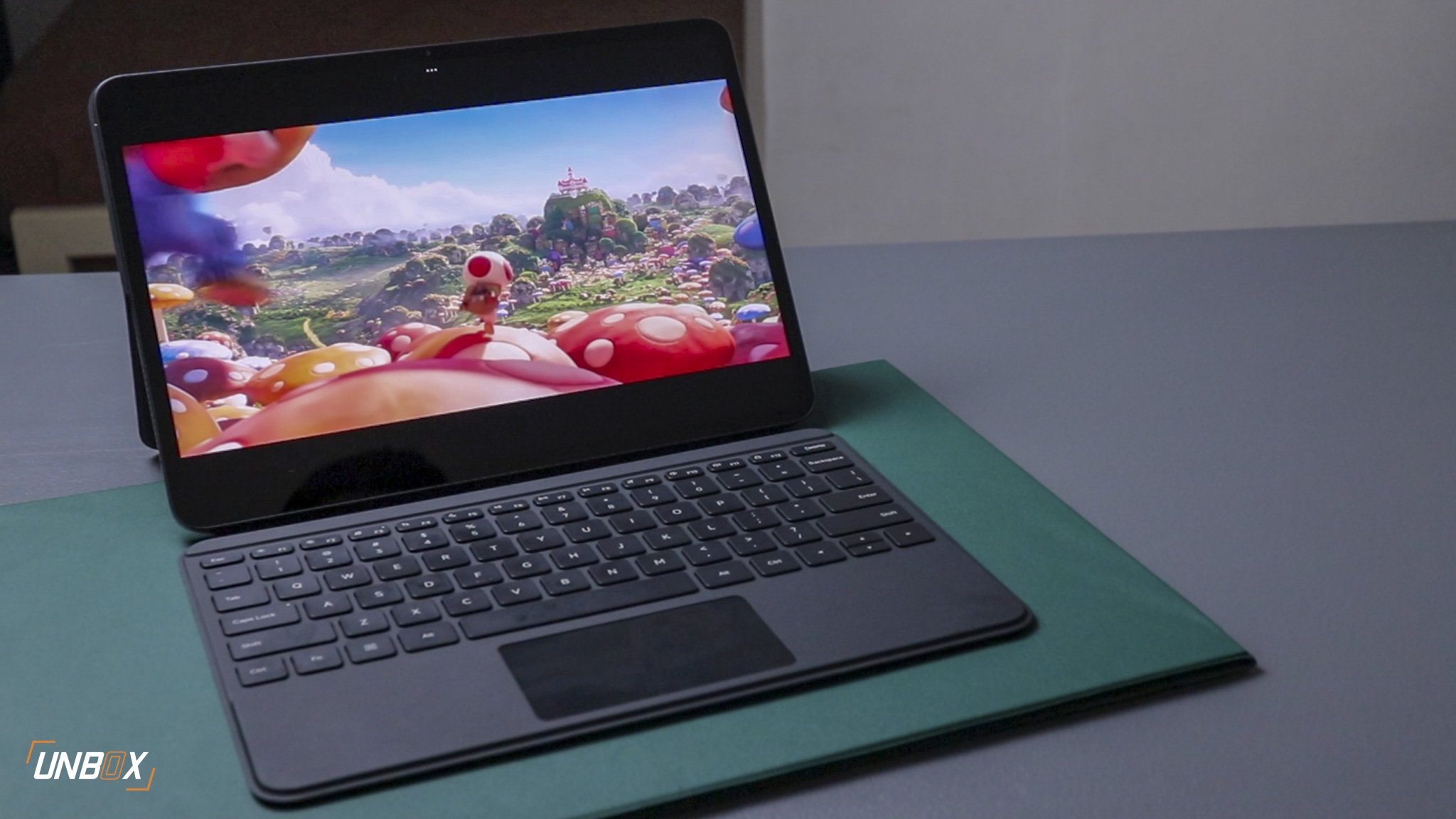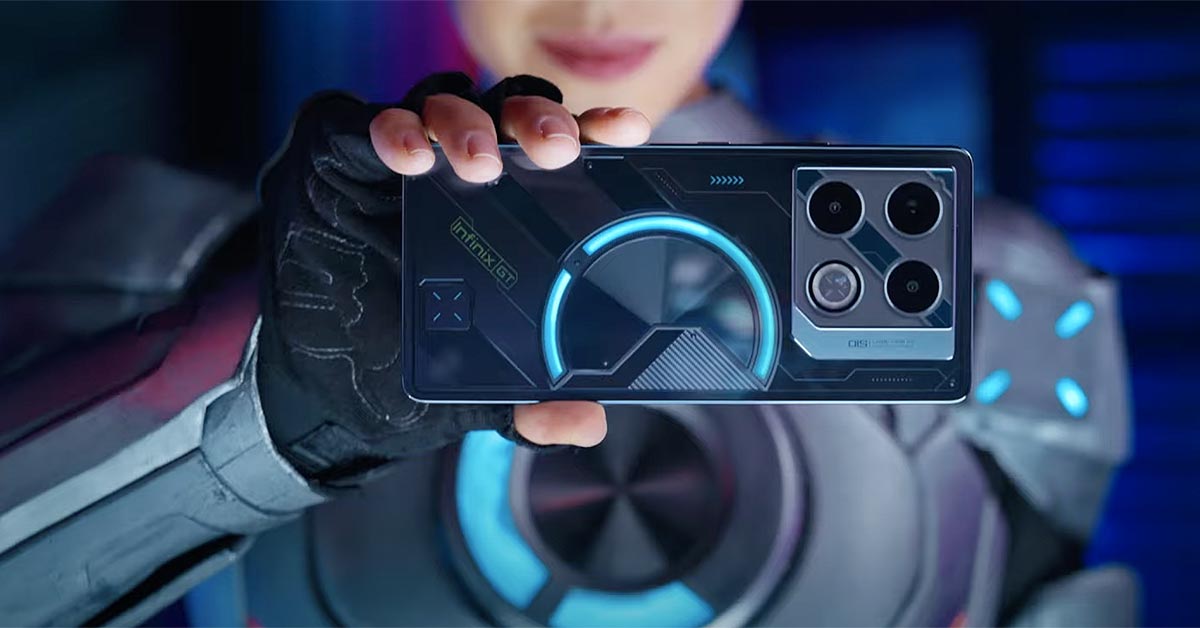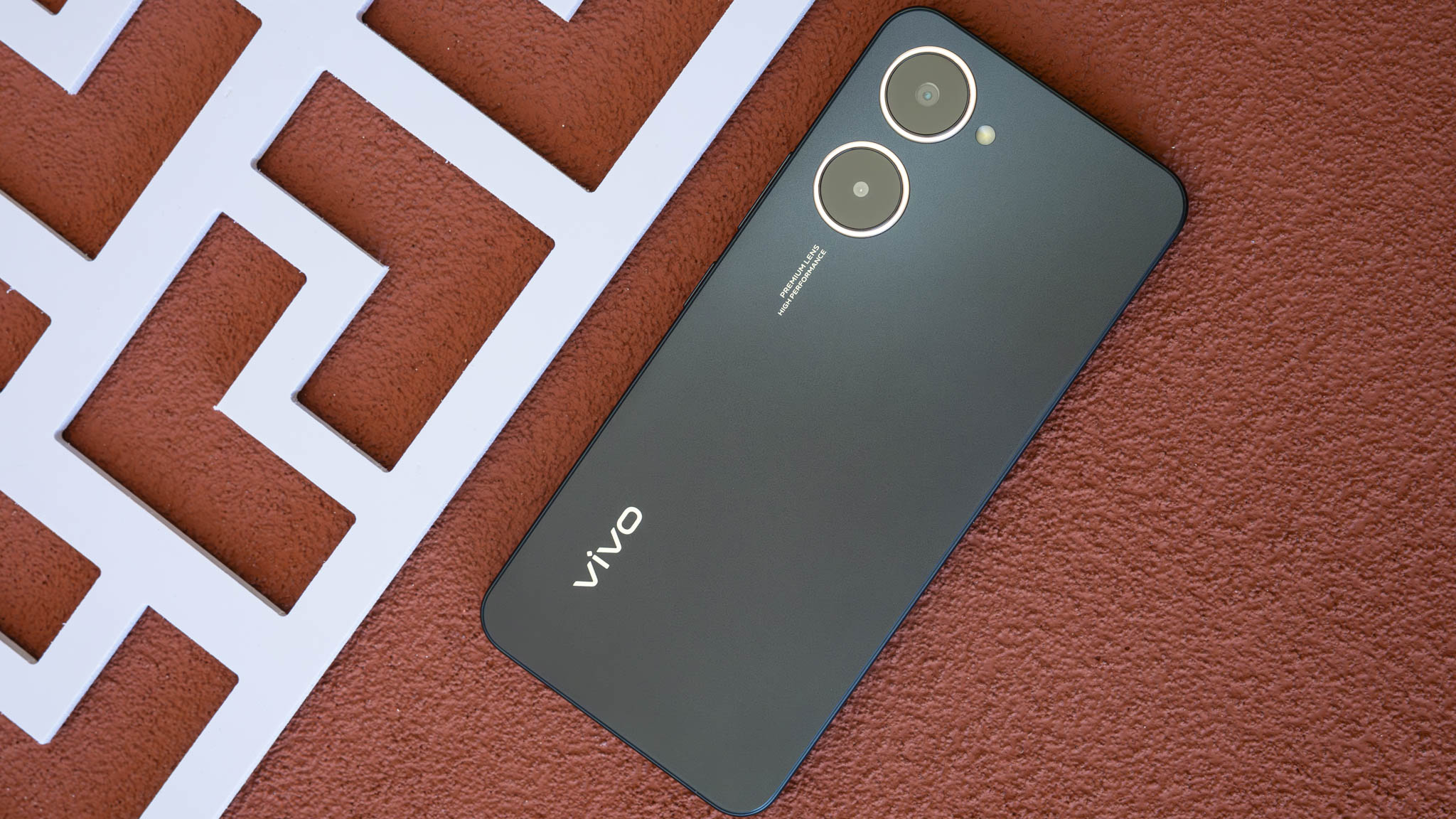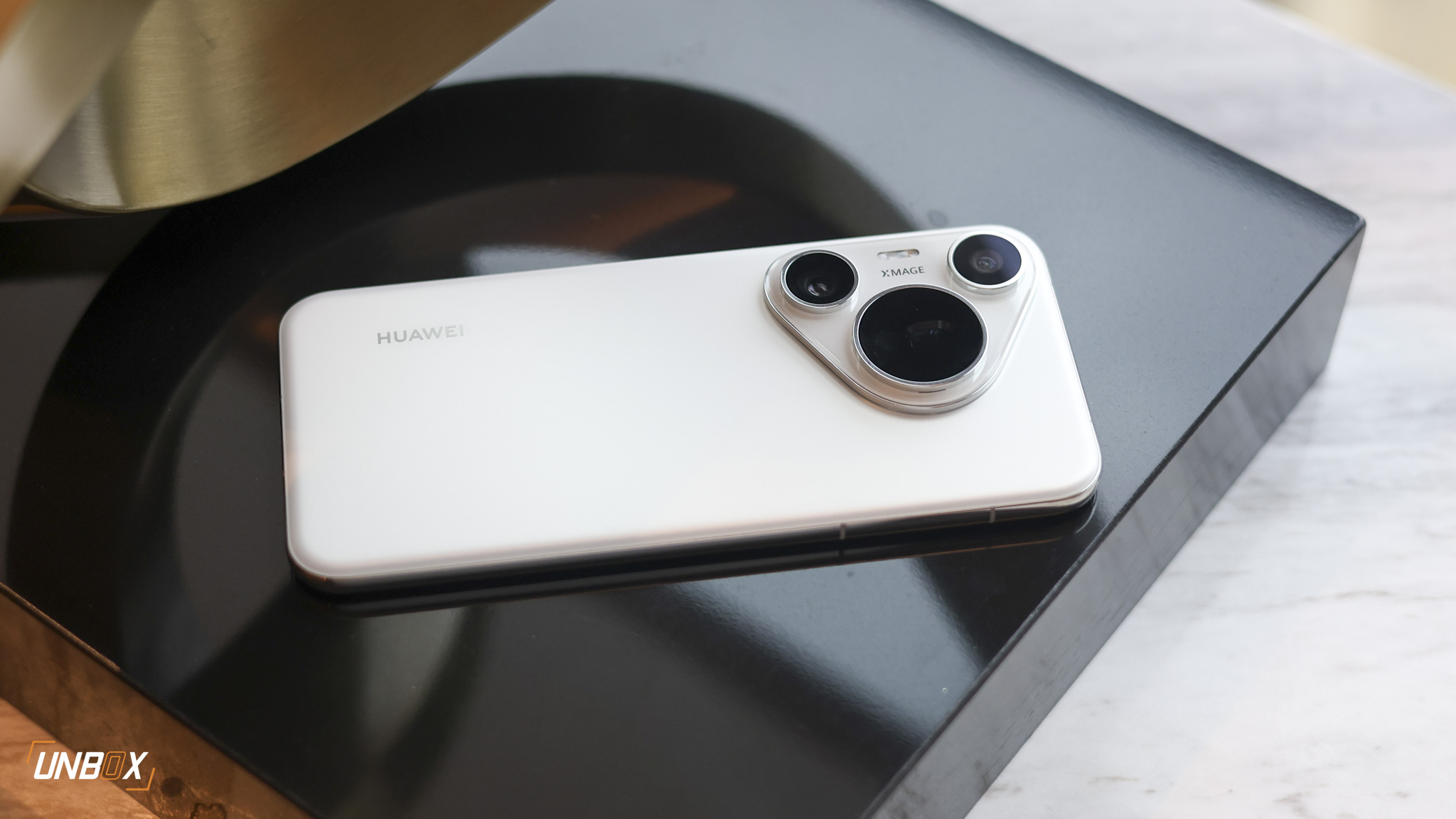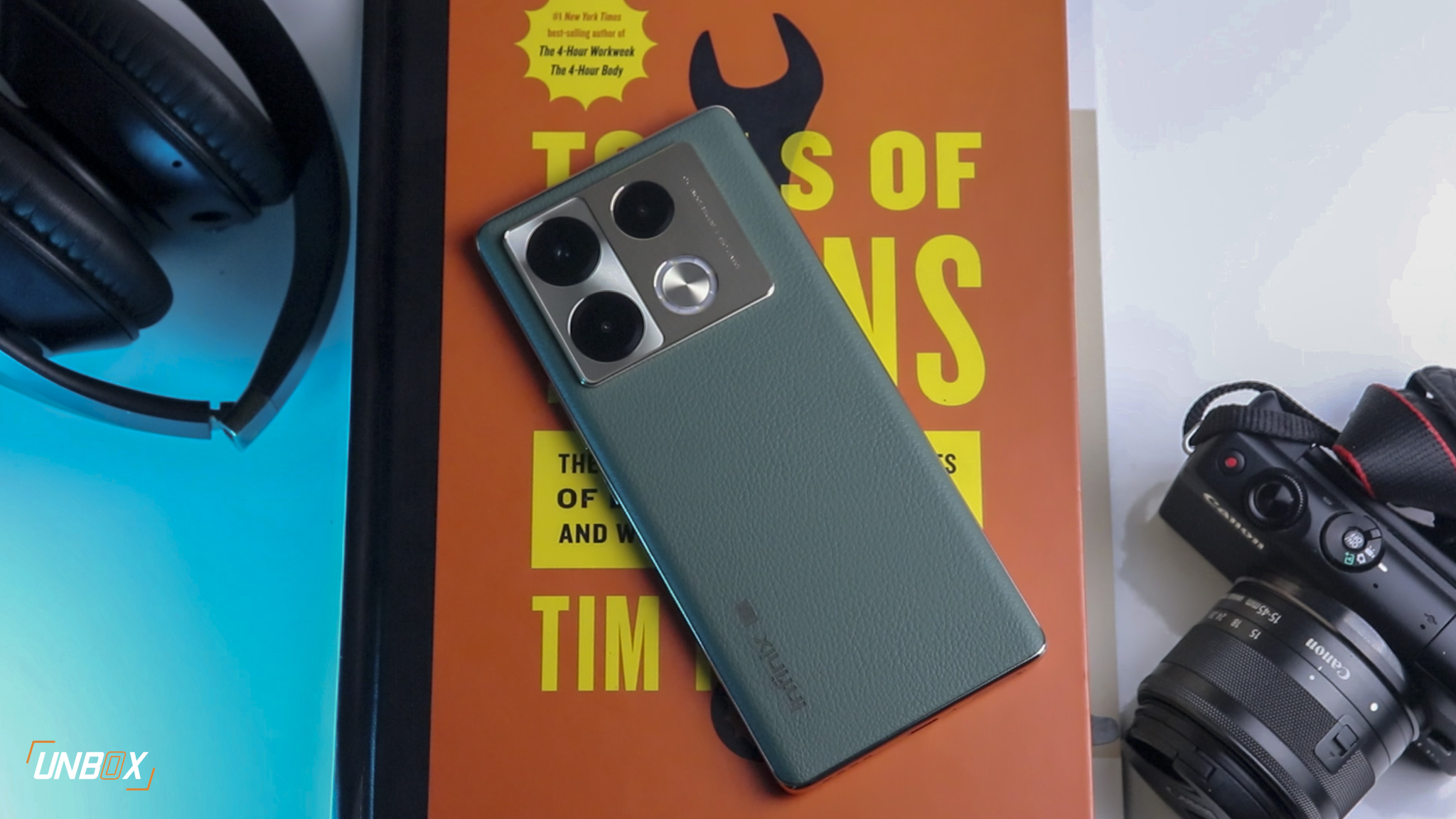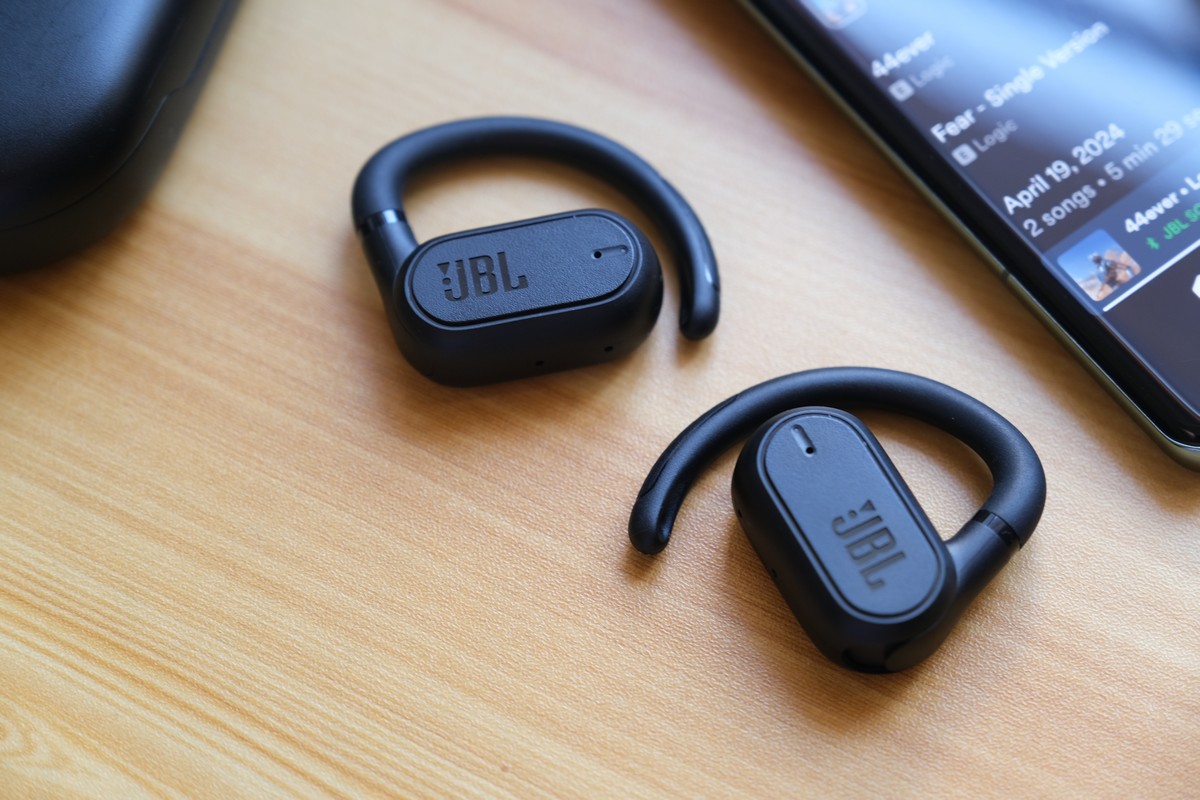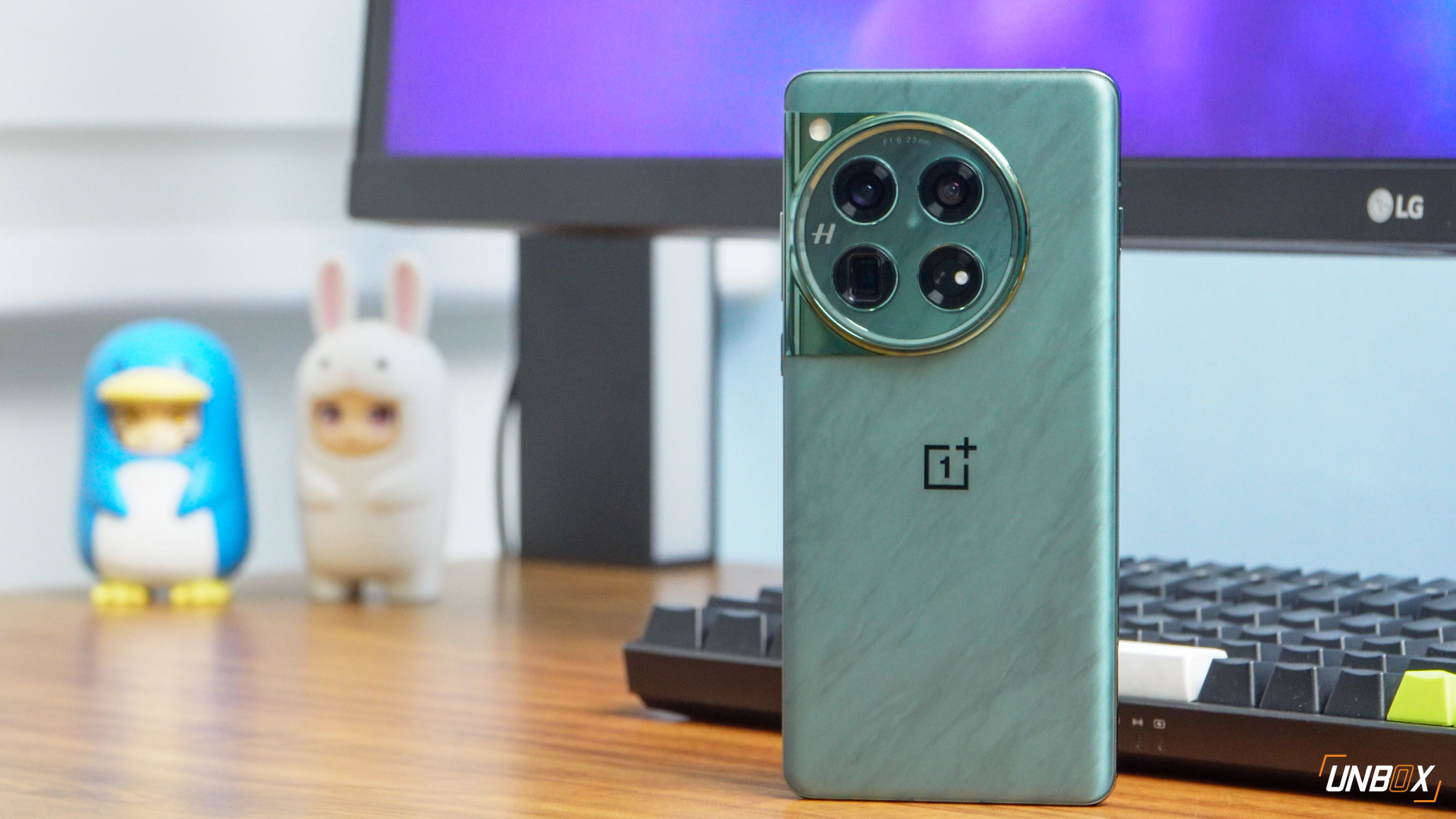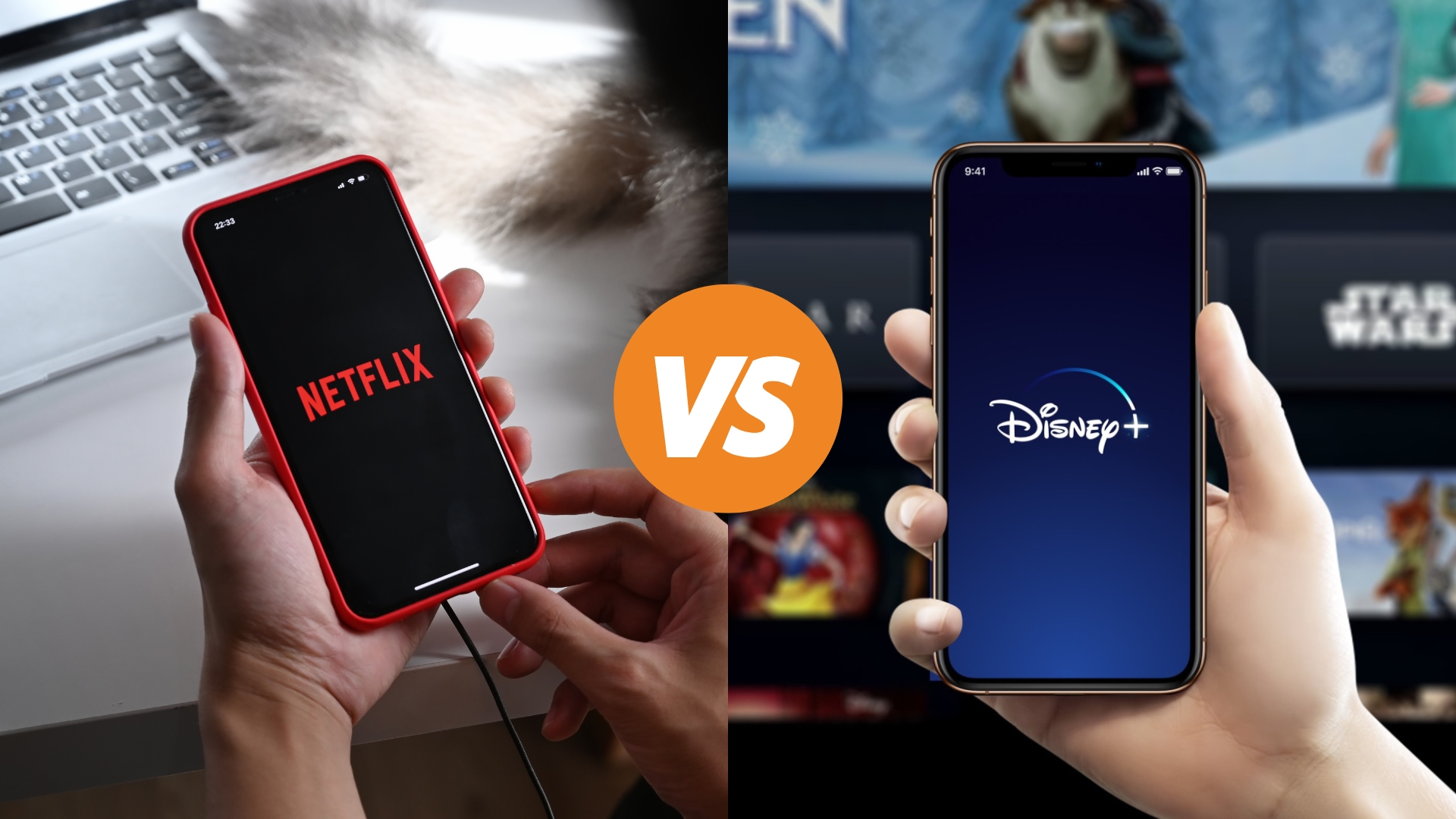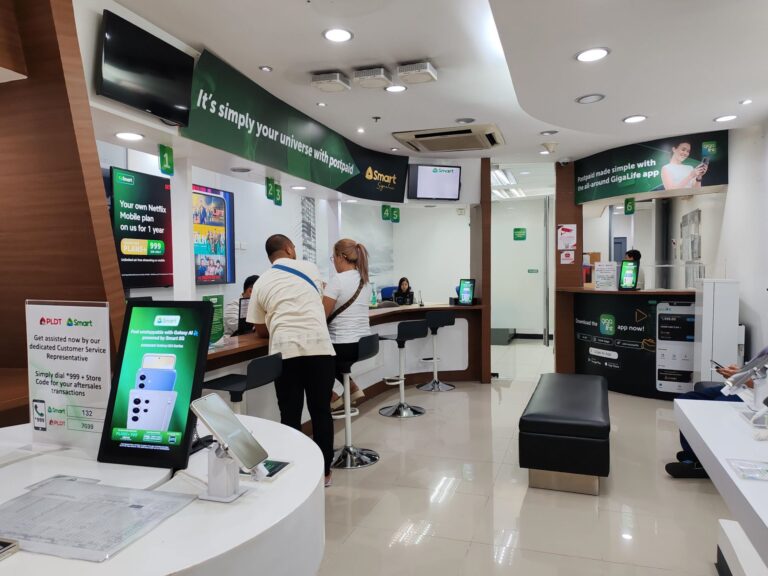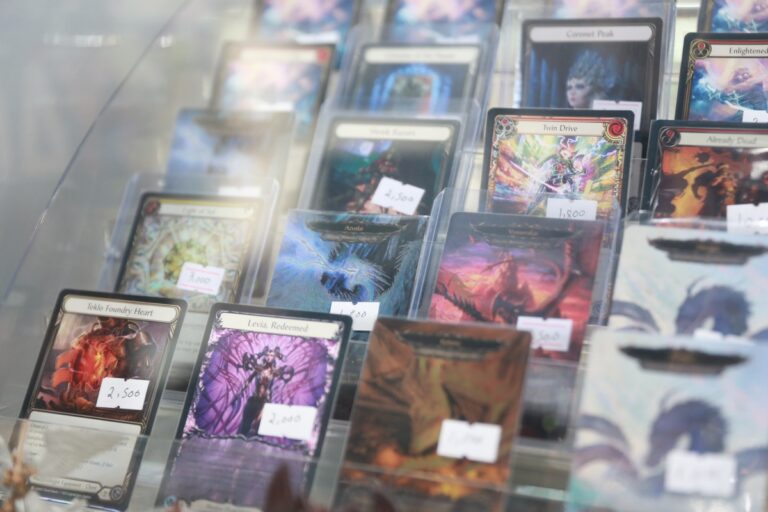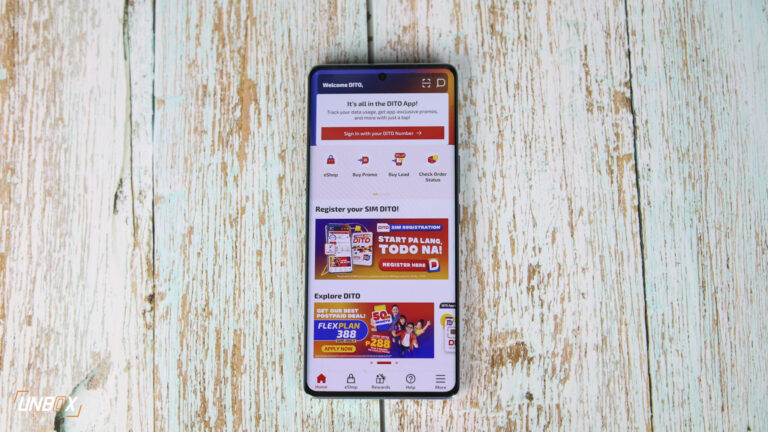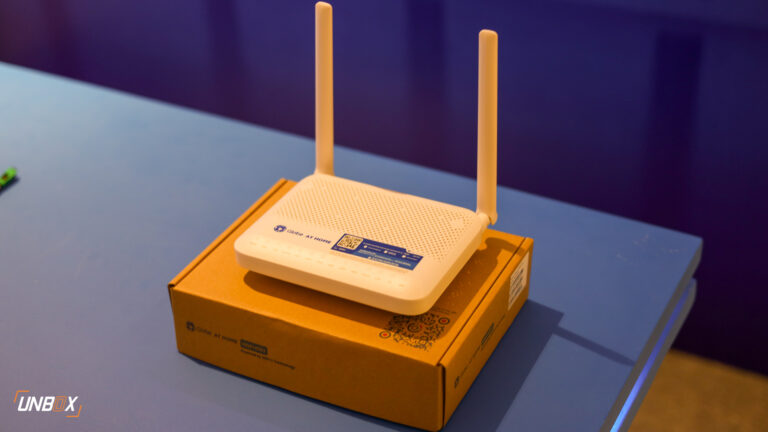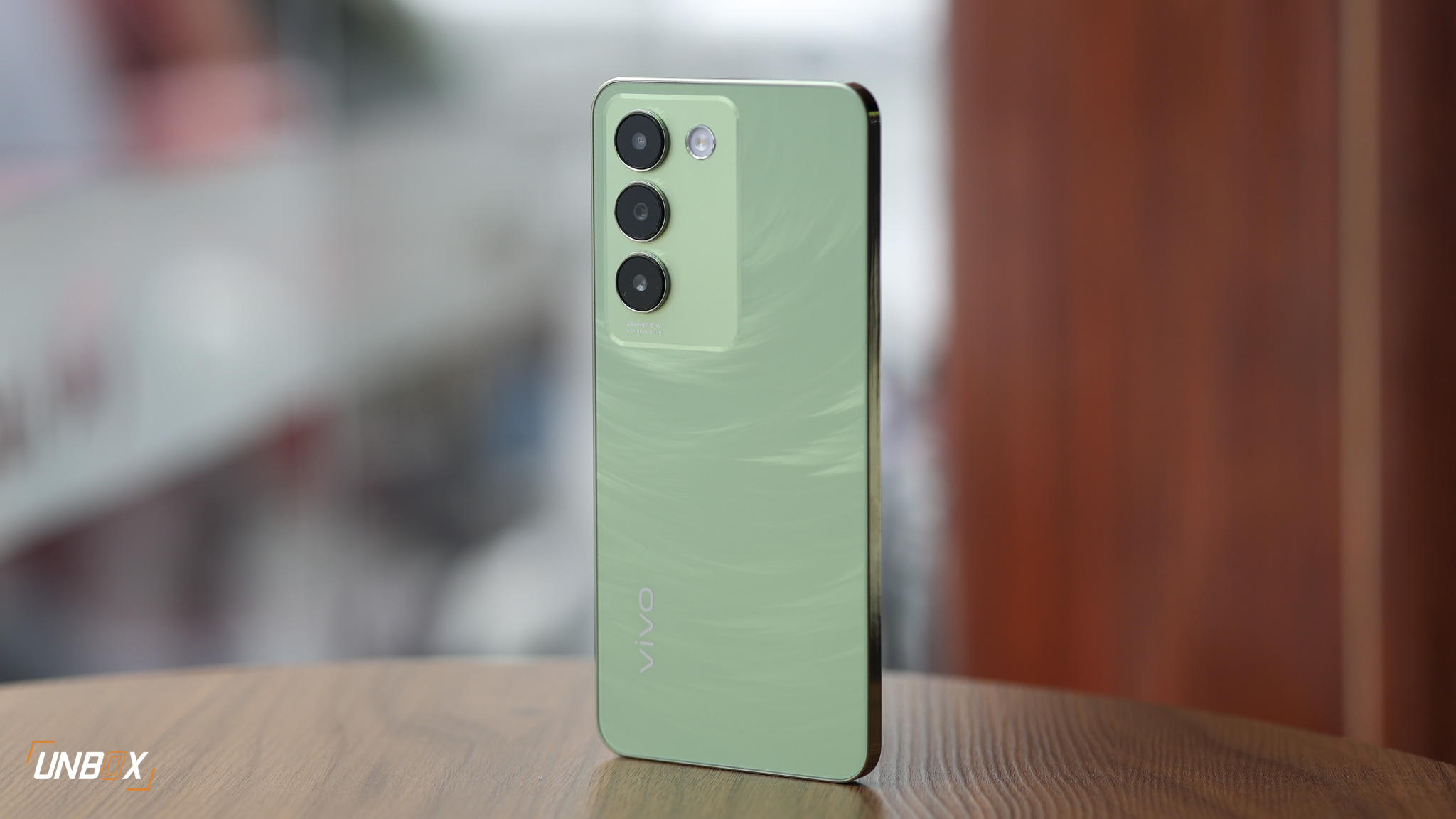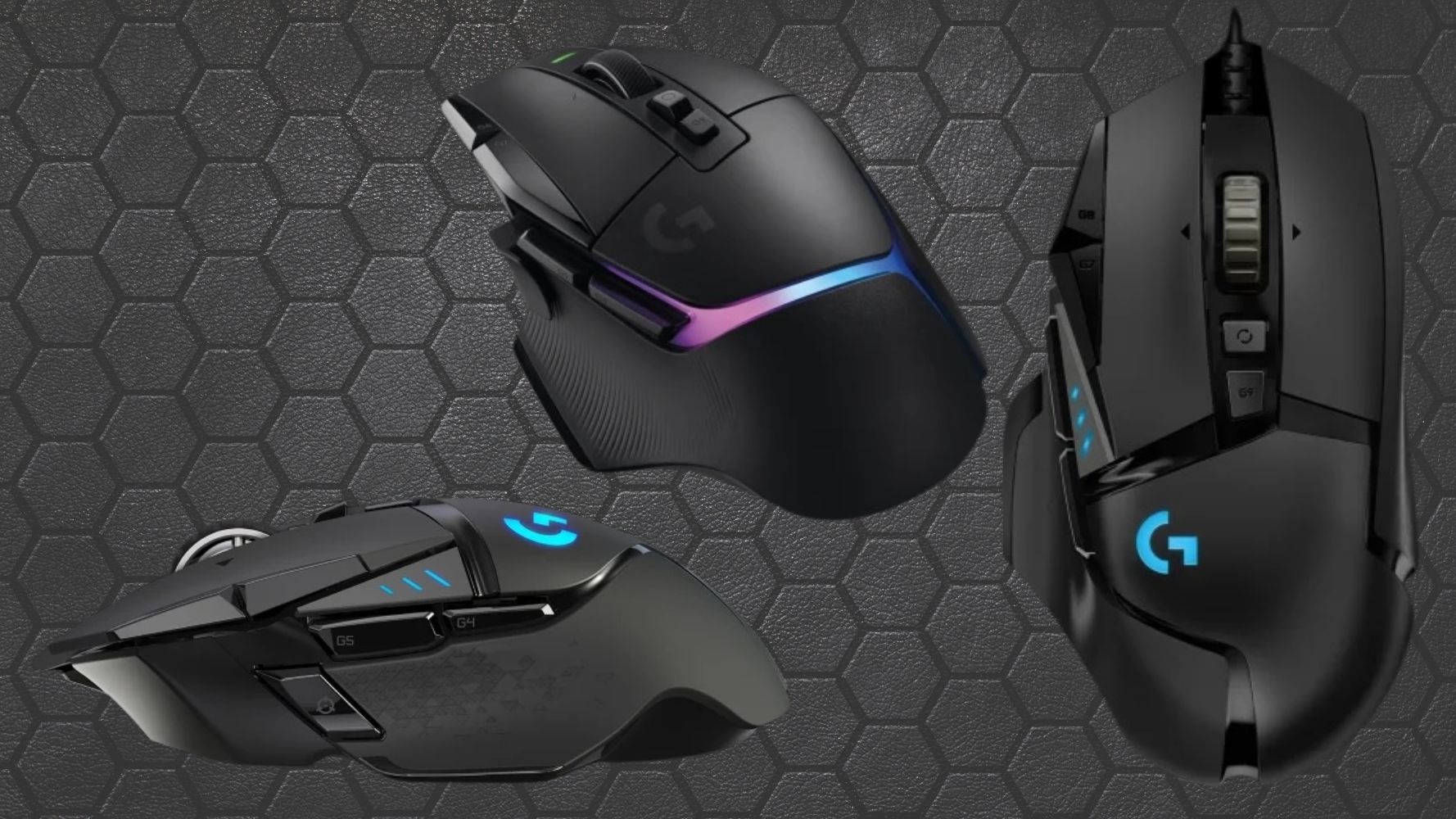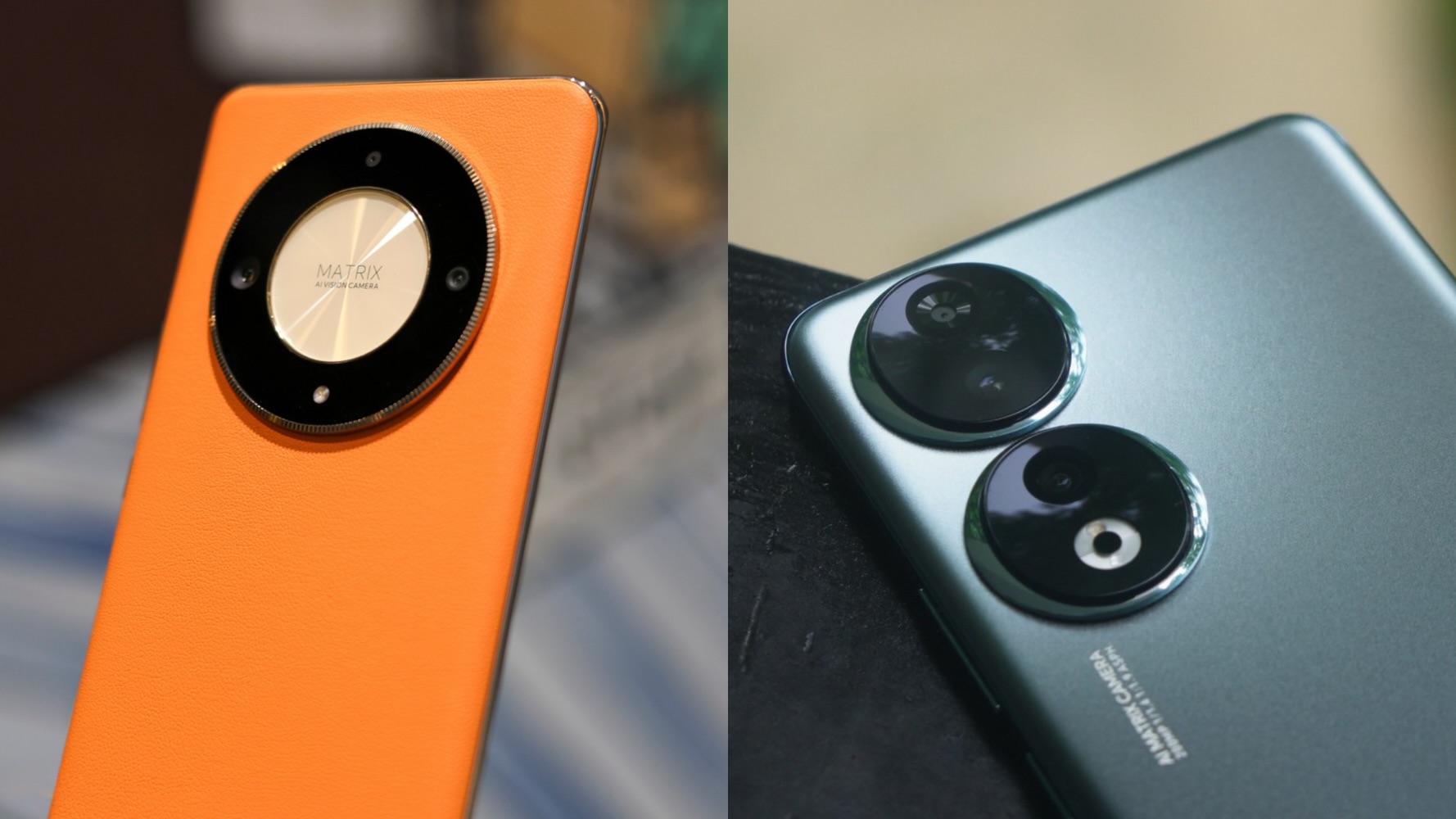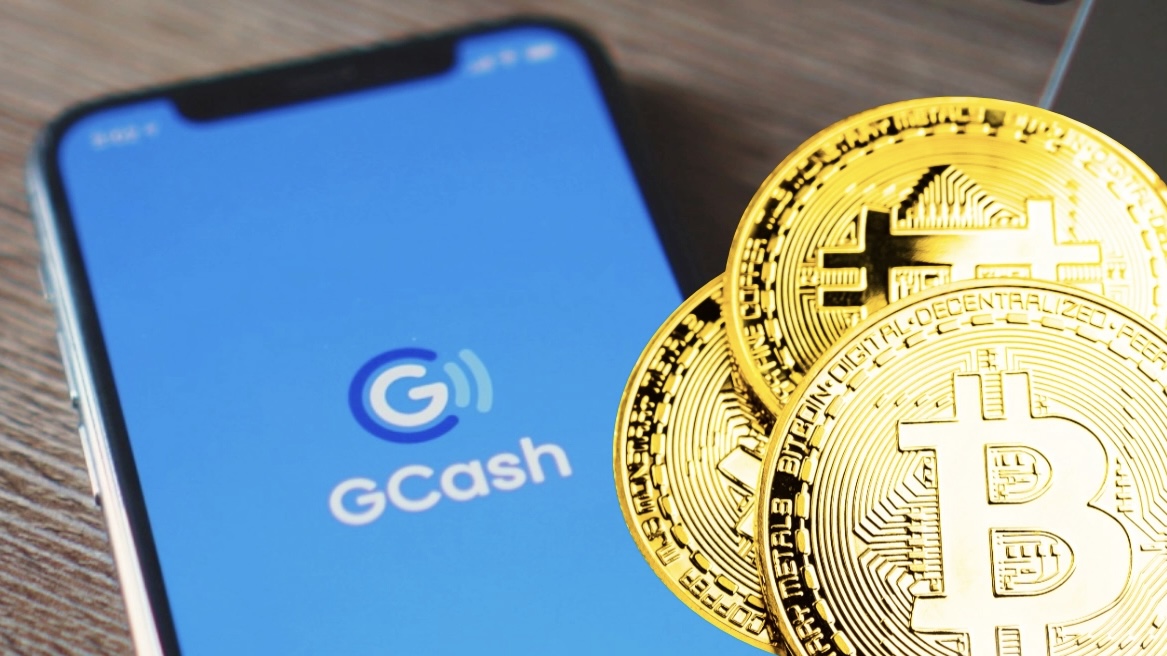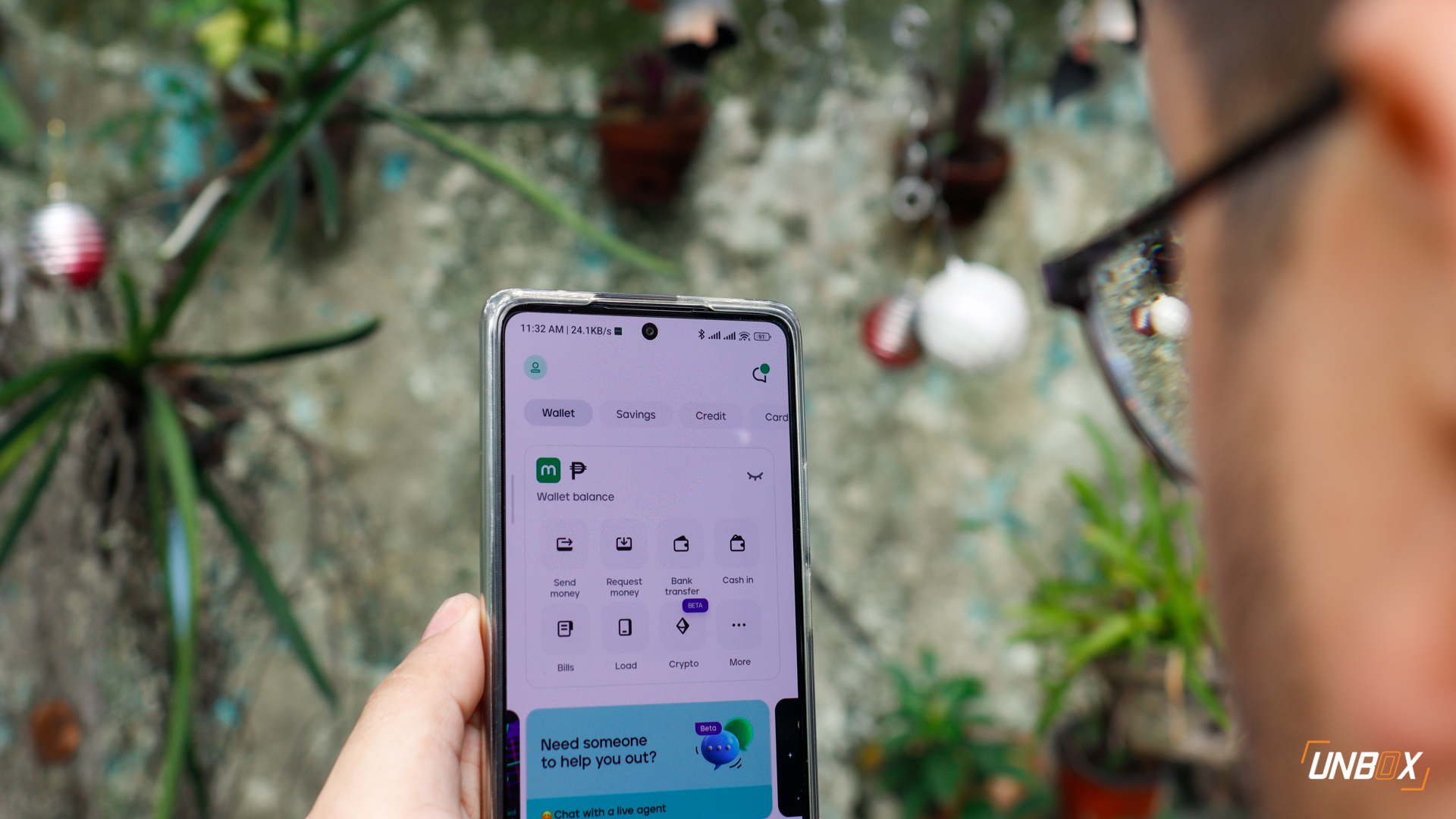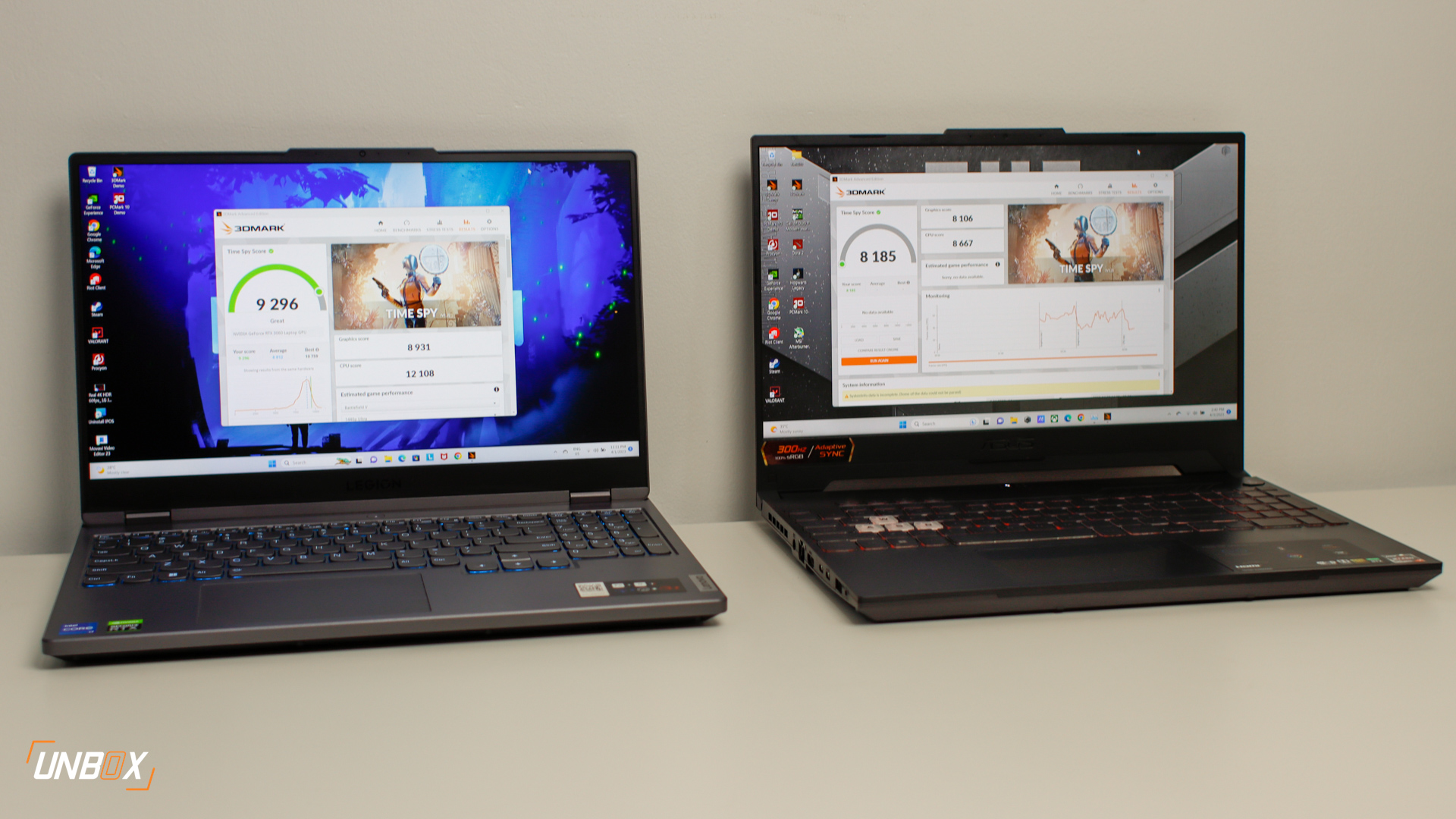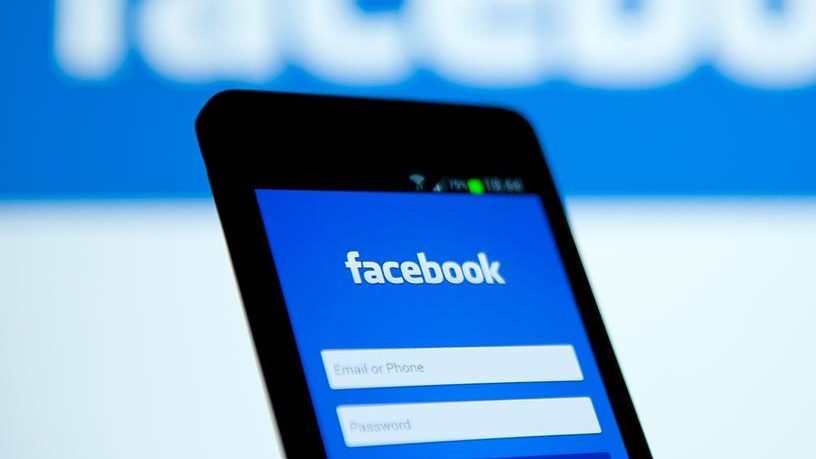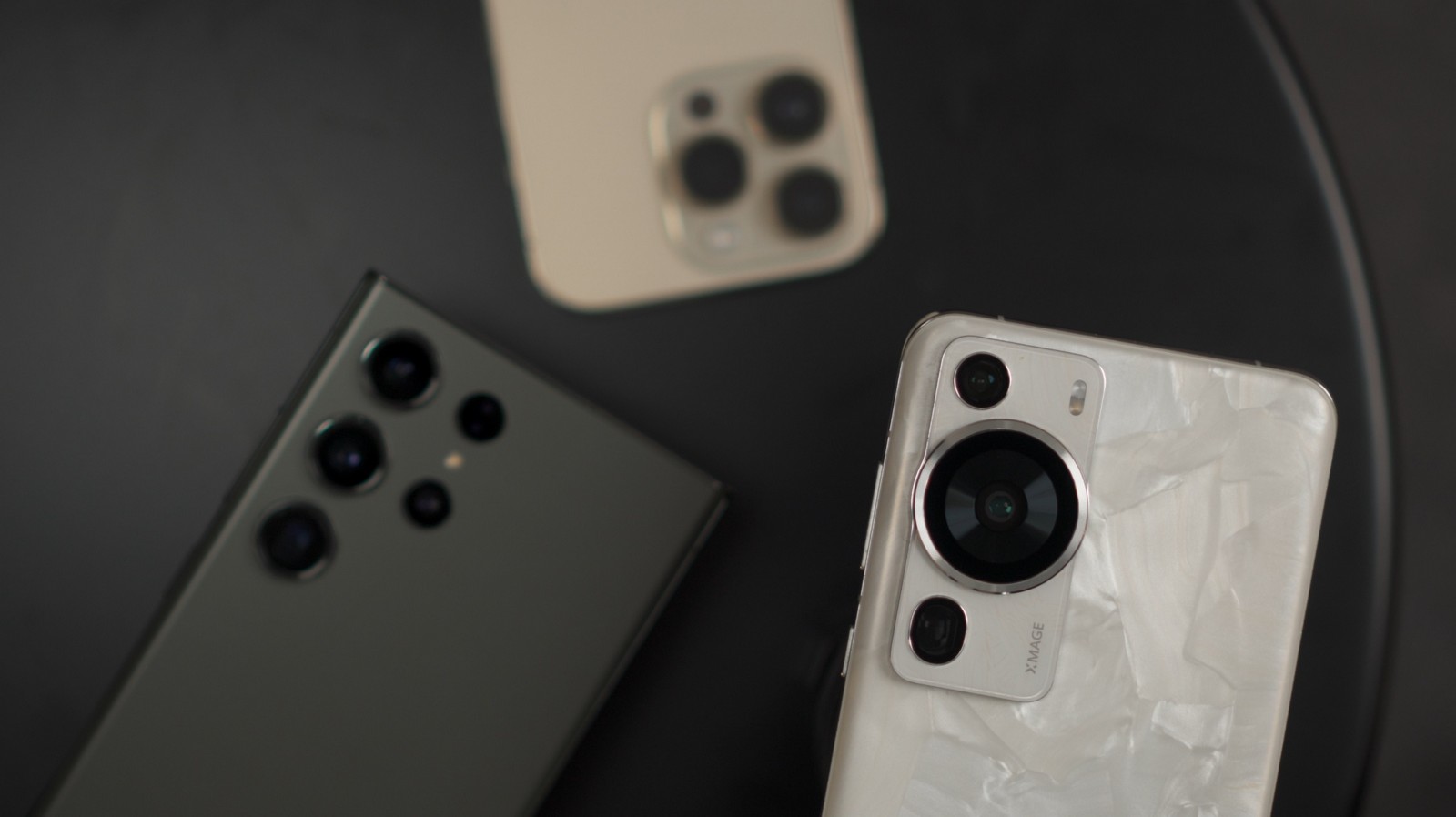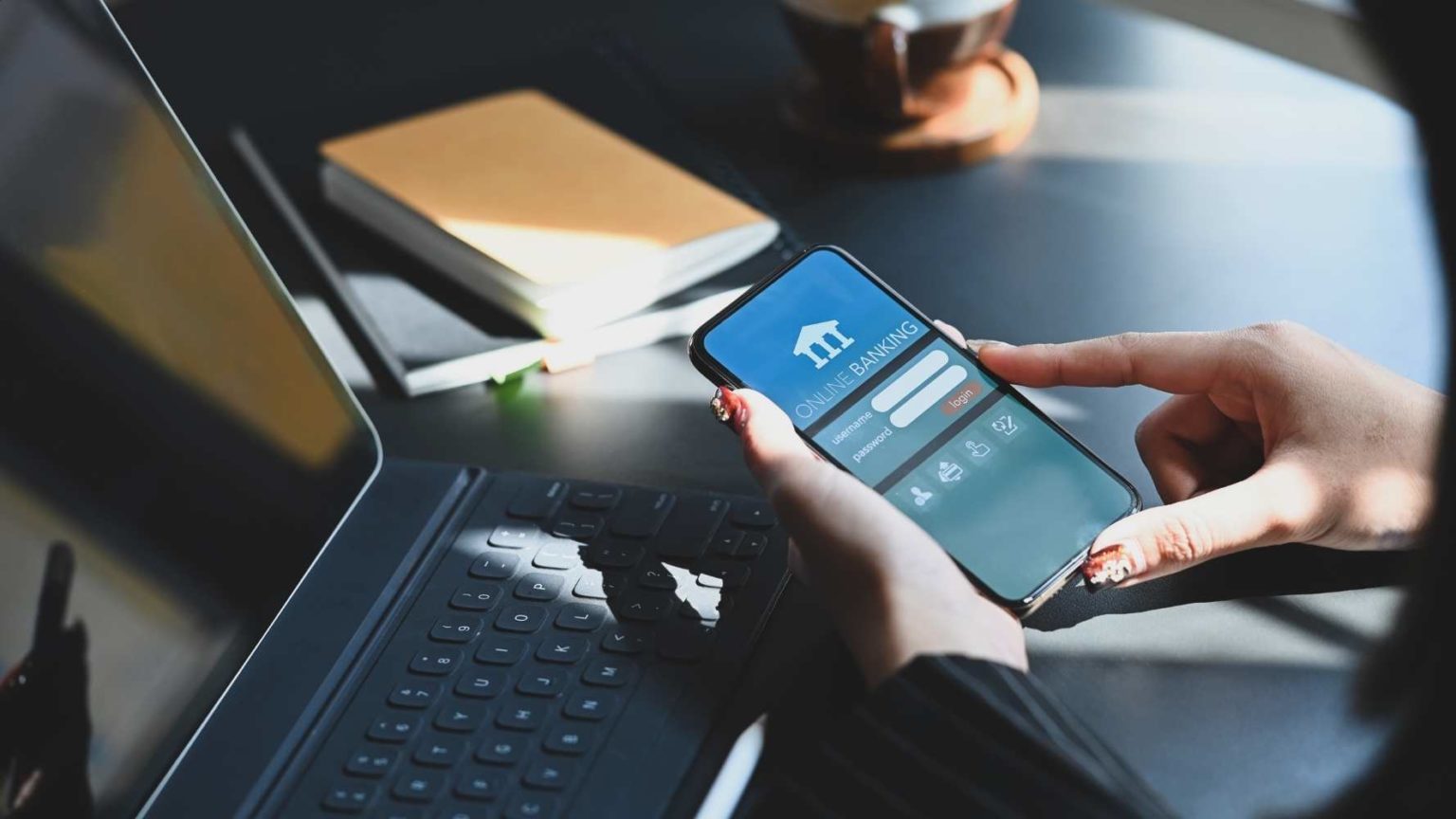A few days ago, GCash was in utter chaos when multiple users reported that there were unauthorized transactions made. GCash insisted that it was not hacked. Instead, GCash said that they were able to foil a hack attempt that involved transferring money–with some transactions as high as Php 50,000–into two bank accounts from EastWest Bank and Asia United Bank (AUB).
Now that the dust has settled–with GCash being able to return all the missing funds amounting to Php 37 million–how did the hacking attempt happen? In an interview with ANC Headstart on Wednesday (May 10) GCash Public Affairs and Corporate Communications Head Gilda Maquila explained that as early as May 8, they have been receiving complaints of alleged fraud–which prompted them to turn off Instapay and to put the eEwallet platform under maintenance.
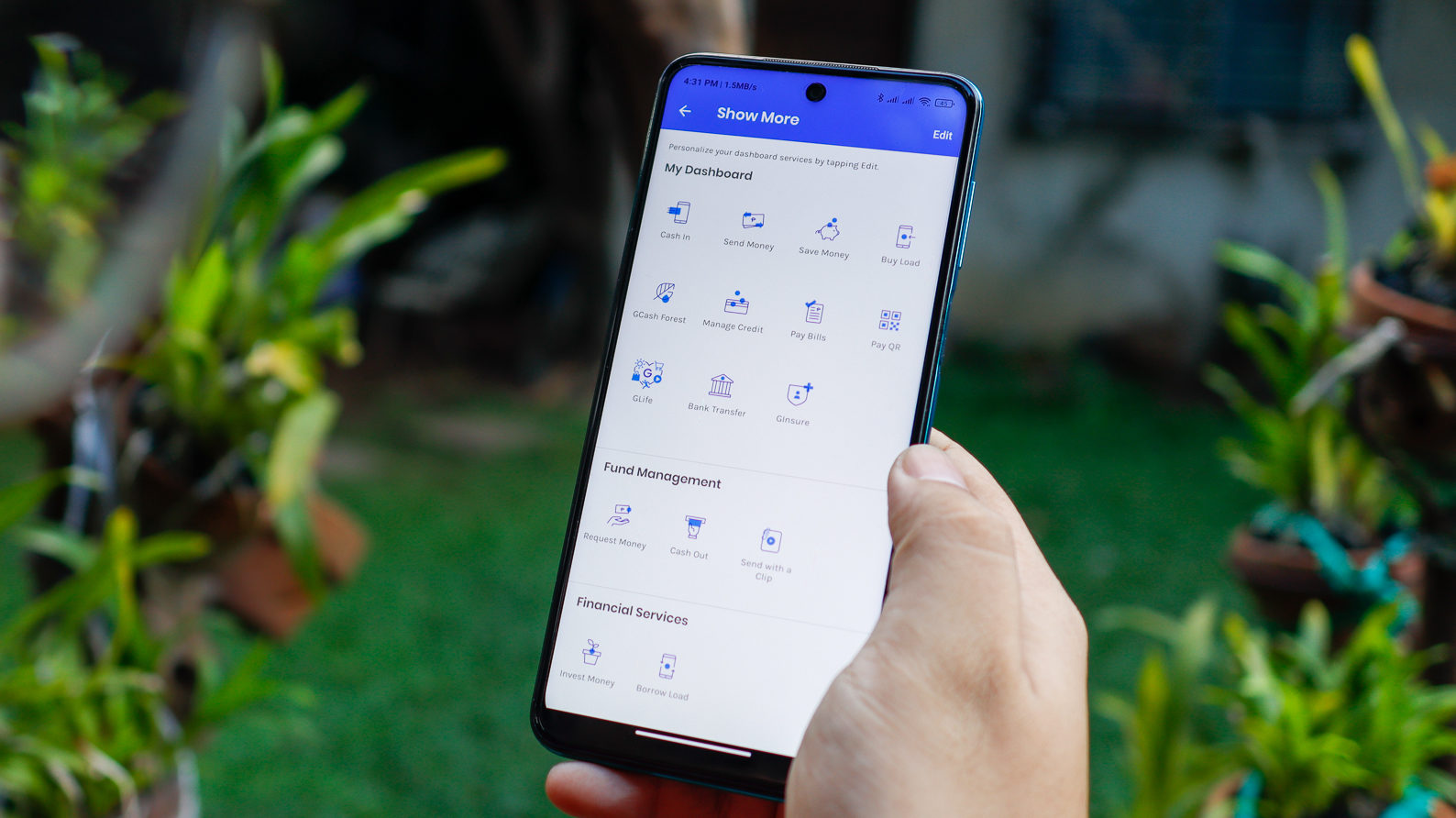
In its investigation, around 0.02% of its 81 million users were affected by the fraud attempt. In its findings, GCash reveals that the hack attempt involved a fraudster who was able to get information from users by sending phishing links that disguised themselves as a legitimate GCash device link request.
When you were able to link that, you can make your transaction. ‘Yun naman ‘yung ating regular process to access the GCash. You have to have the MPIN, and you have to have the OTP, which the fraudster was able to acquire,” Maquila explained, emphasizing that there was no hacking involved.
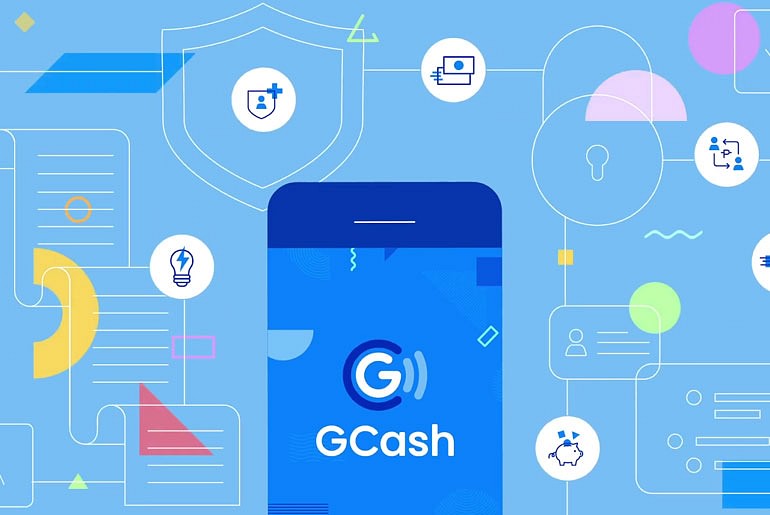
As to how GCash managed to return all of the missing money to its customers, Maquila explained that GCash was able to trace and return them to its customers–thanks to its safety protocol and coordination with EastWest Bank and AUB.
Despite the incident, Maquila assures everyone that GCash is safe, as it continues to upgrade its security features that include “double safe”, which is a feature that asks for facial recognition after requesting an OTP and MPIN when linking a new device.
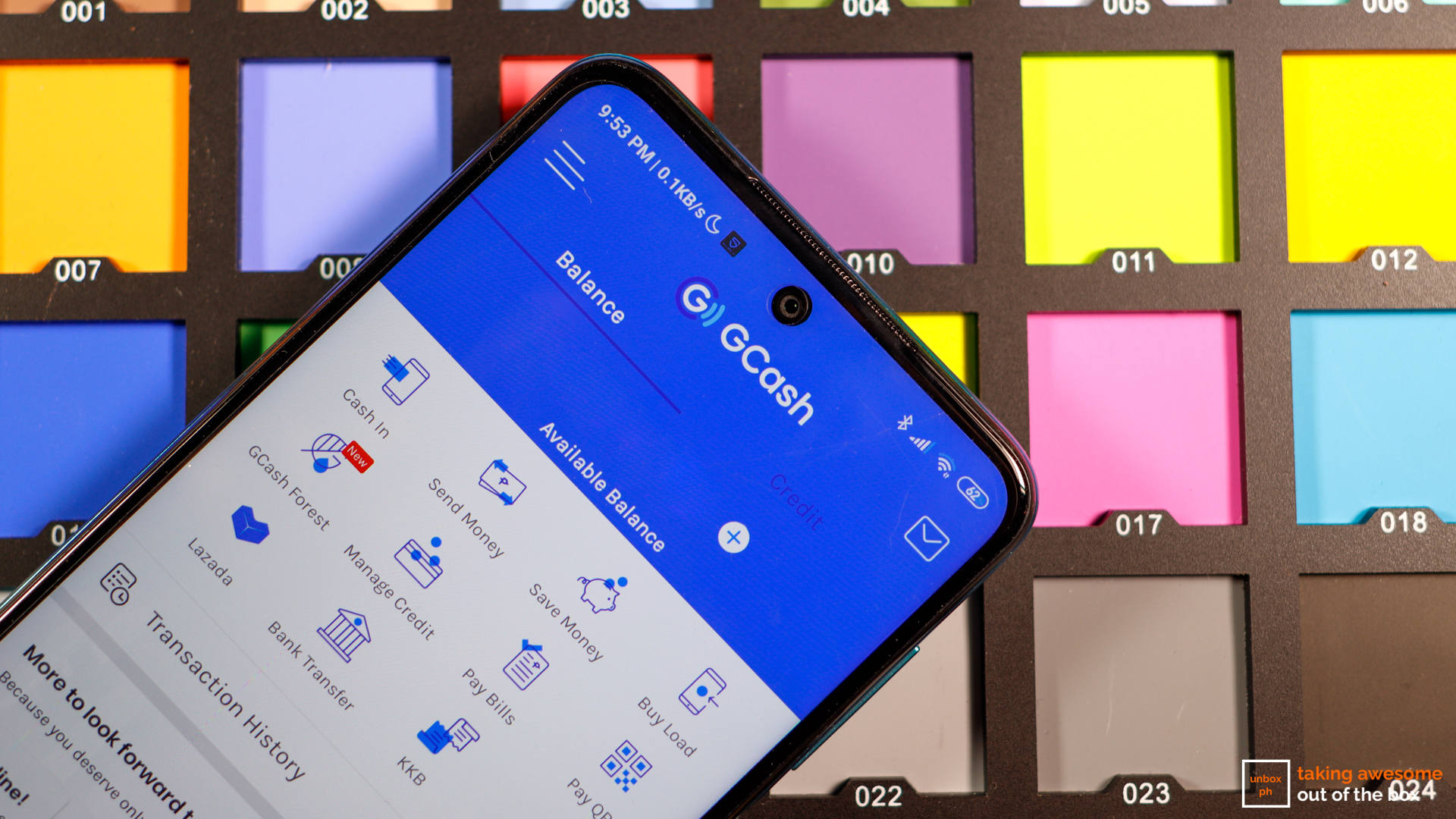
However, she noted that the fraudster took advantage of SIM Registration. “Not only that, there are also merchant sites that say they are a certain brand. So, when you do your transaction there, hindi mo alam na meron na palang phishing na nagaganap,” Maquila explains.
With their findings, Maquila emphasized that fraudsters and scammers are their main enemies right now, and they are coordinating with both the PNP and NBI to hunt them down.
You can watch the full interview below:




